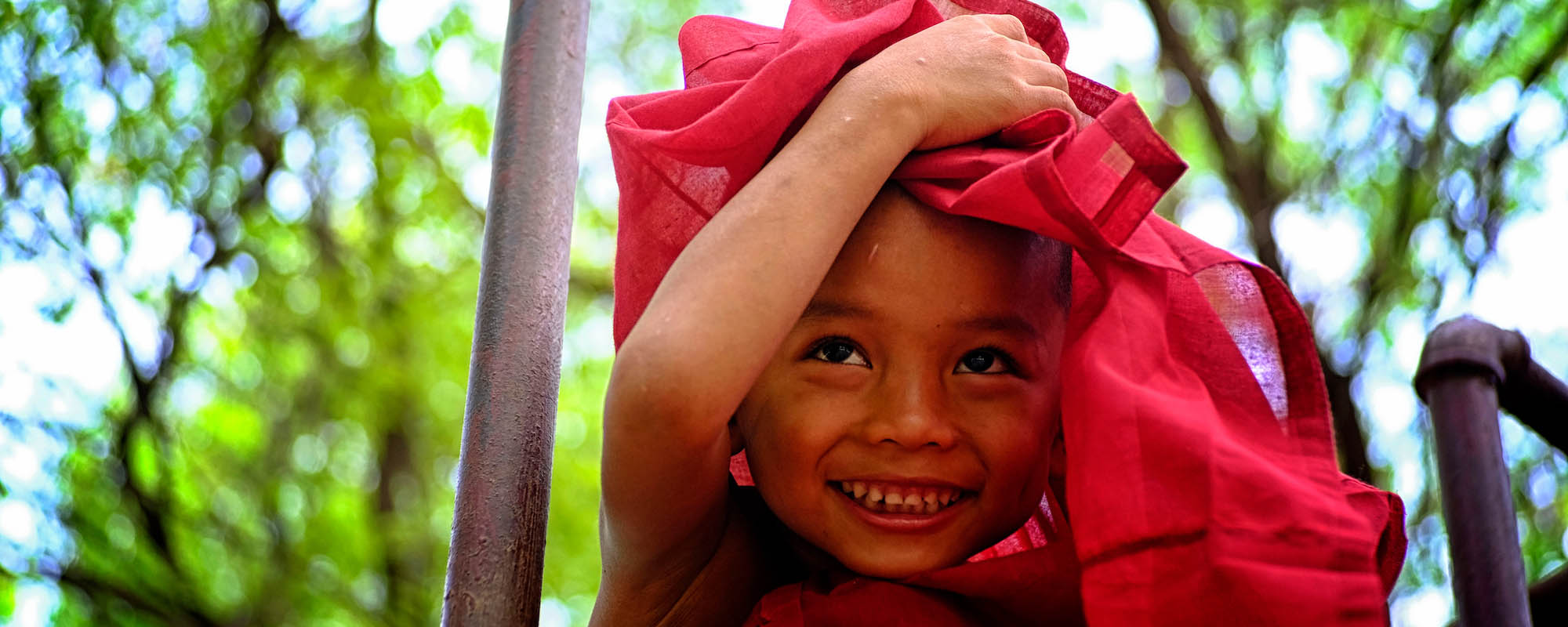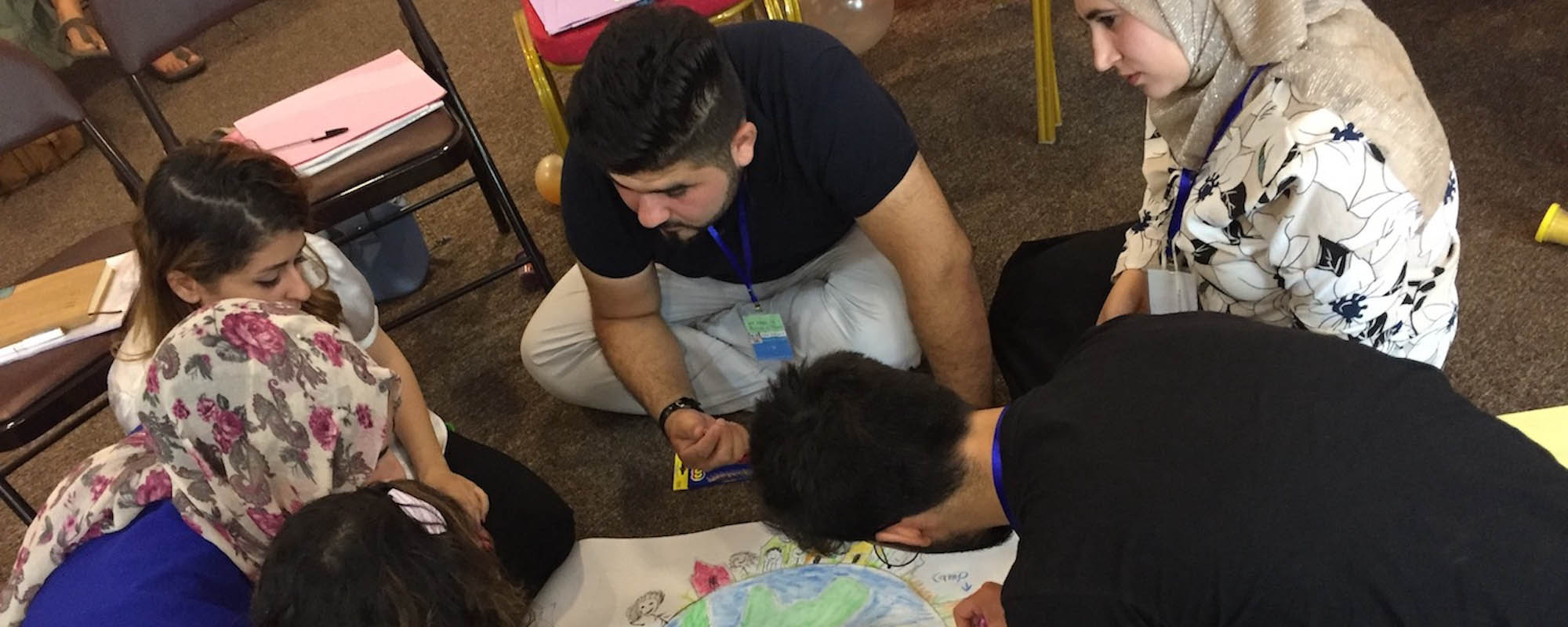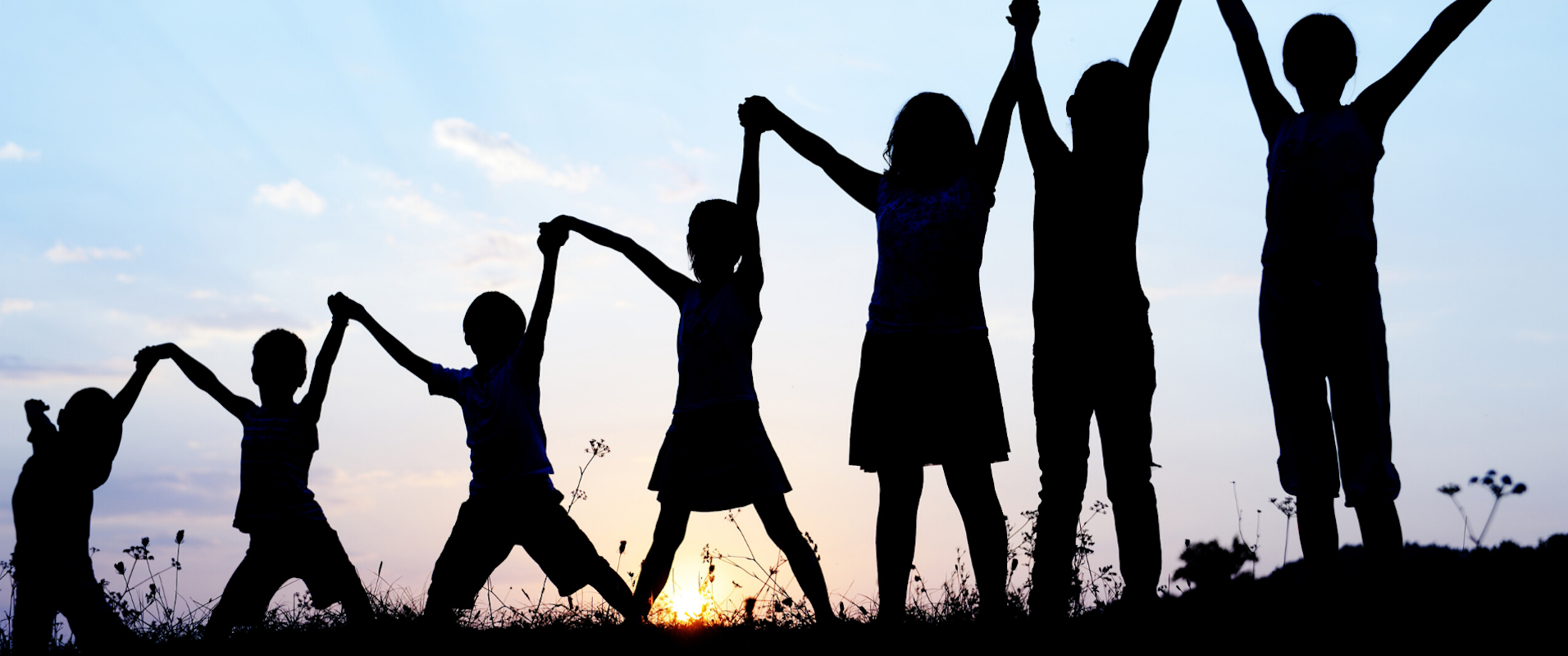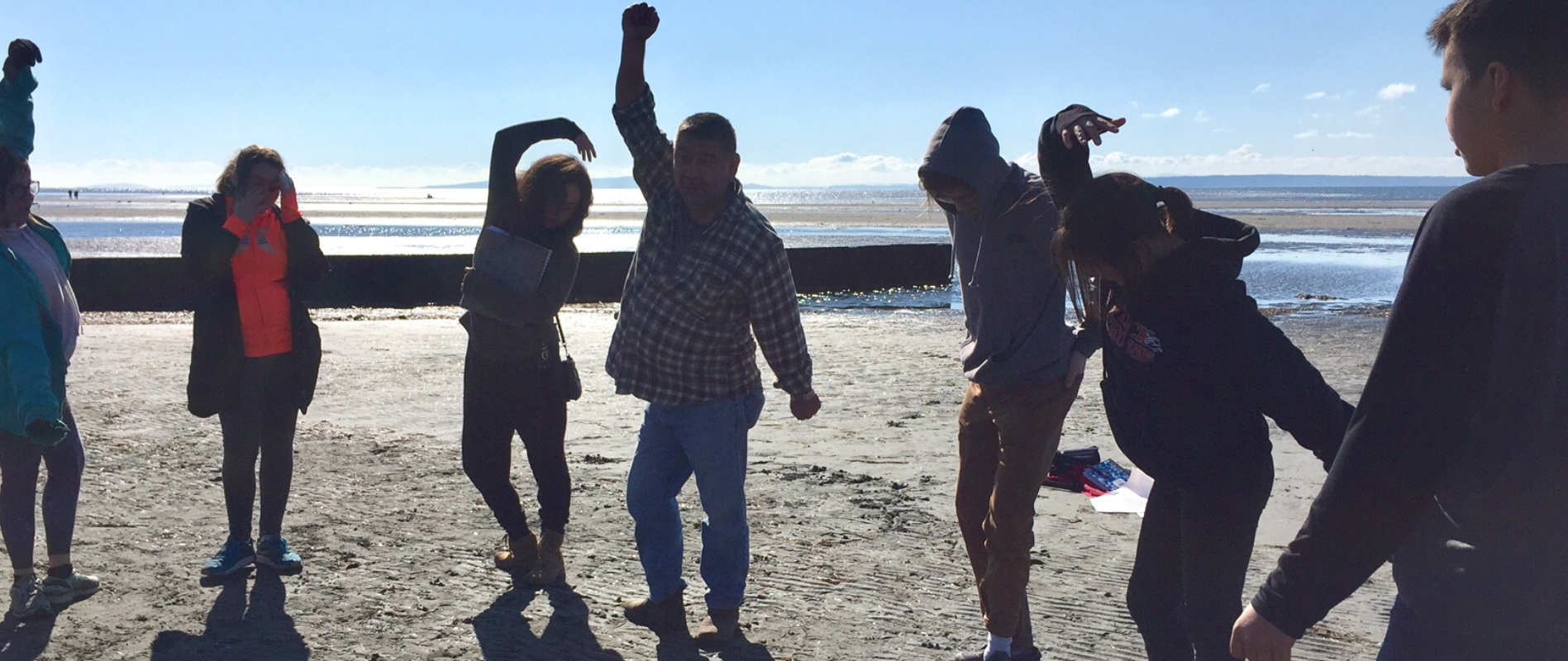Ask children in eastern Democratic Republic of Congo (DRC) what they are afraid of and they will tell you the real and devastating nightmares they face every day. Hundreds of thousands of children are living under the threat of attack by a multitude of armed groups, but rarely are their experiences or views heard. Rarely are they asked how conflict affects them or what would make their lives better.
World Vision spoke to more than 100 children in camps and communities in North and South Kivu to gather their views as leaders come together to design a new roadmap for peace in 2014. More than one-third told us they are afraid all of the time or every day, while more than half are orphaned or separated from their parents, and a quarter live without any adult support. More than a third describe either witnessing or experiencing episodes of violence, at times extreme and graphic, in their lifetime. These children need almost the exact opposite of what they have now. They need lasting peace, they need to live with their parents or caregivers who will take responsibility for raising and caring for them, and they need to feel safe in the knowledge that they won’t have to flee their home yet again. They need those who have a responsibility and mandate to ensure their protection and survival, to deliver.
Congolese children live in one of the world’s most resource-rich countries, which senselessly is also one of the poorest, ranked 186 out of 187 countries on the Human Development Index. Close to 170 Congolese children out of every 1,000 die before the age of five, and the majority of these are lost in their first year of life. Millions of dollars, thousands of people’s efforts, and several decades have all been spent trying to secure a lasting peace for children in eastern DRC. But these efforts have not gone far enough. A lack of coordination, fleeting attention and focus, and insufficient access to those most in need all make achieving well-being for Congolese children difficult, but not impossible.
World Vision believes that another DRC is possible and necessary. Current peace efforts, led by UN Special Envoy for the Great Lakes Region, Mary Robinson, represent one of the best avenues of hope for children in eastern DRC. They recognise the need to address the root causes of the conflict and to foster trust between countries in the region. But the true causes of instability cannot be addressed without understanding how the most marginalised and vulnerable children are affected. Those with power must consult and listen to those most affected by war.
Children say the end of conflict is the one thing that would make their lives better. They still talk with hope and express dreams of a better life. Listening and acting, we must do all we can to show them they are not wrong.






